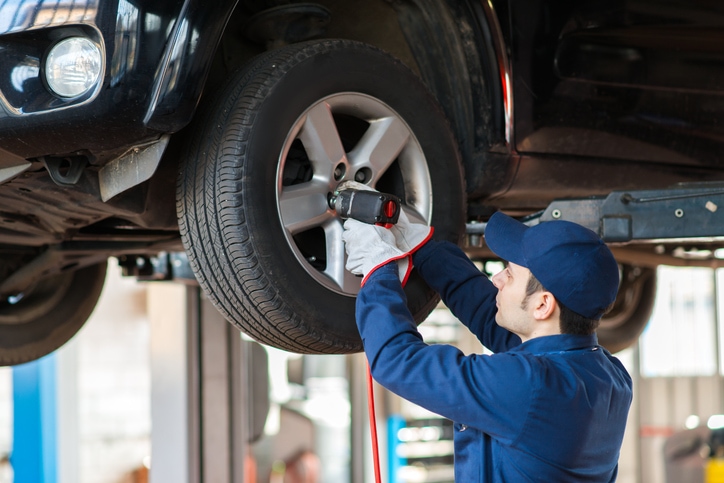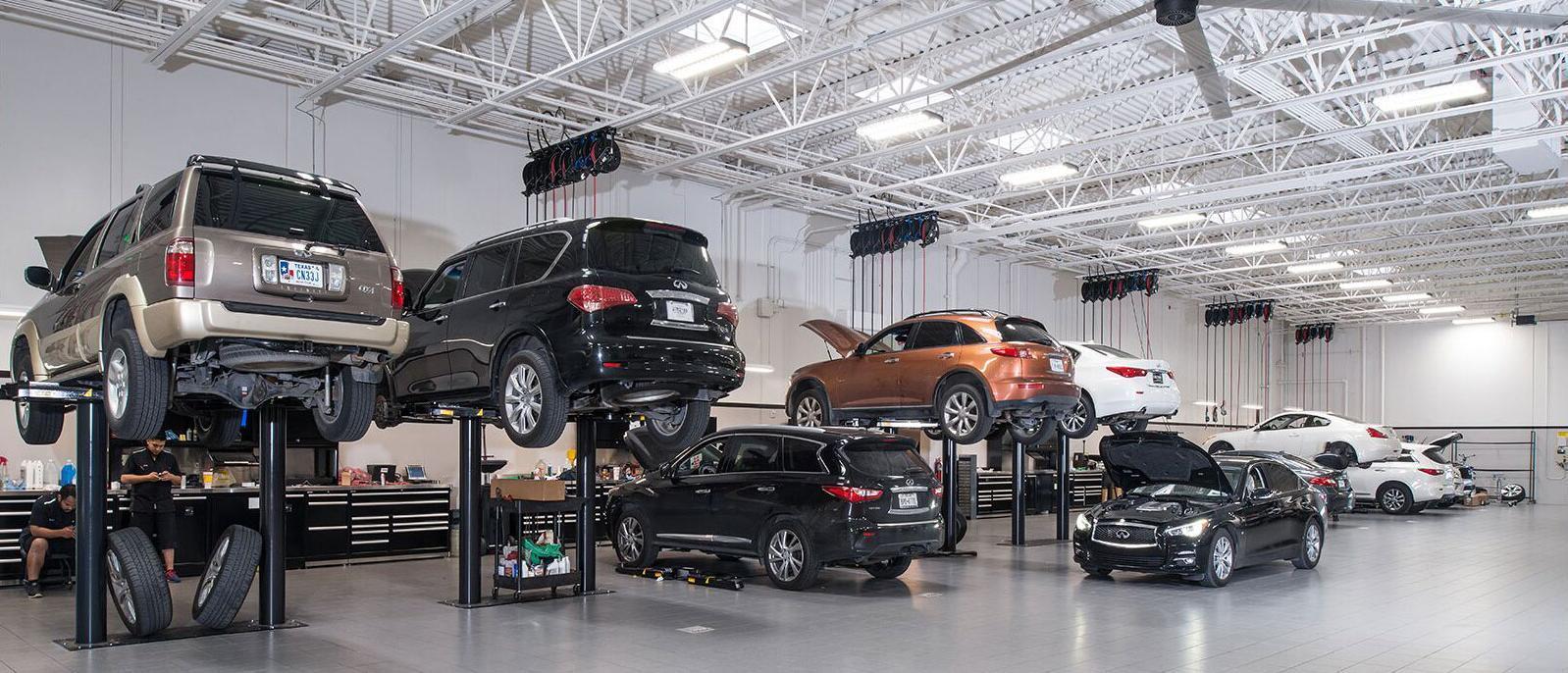All Categories
Featured
Brakes are just one of one of the most crucial security parts of any kind of lorry, ensuring you can decrease or stop rapidly when needed. Gradually, brake parts can put on down, resulting in decreased performance and potentially hazardous driving problems. Knowing the signs that your vehicle needs brake repair work is necessary for keeping both security and the long life of your cars and truck. In this blog, we'll review the typical indicators that show your brakes require focus and exactly how to resolve the problem quickly.
![]()
Exactly How to Address It: If you see squealing or screeching, have your brake pads replaced and examined if essential. Addressing this problem promptly will prevent additional damages to other brake parts, such as the blades.
Exactly How to Resolve It: If you hear grinding sounds, quit utilizing the vehicle and have the brakes examined instantly. It's vital to change the brake pads immediately and evaluate the rotors for damages.
Exactly How to Address It: If your brake pedal shakes, have the blades looked for warping. Sometimes, they can be resurfaced, yet if the damages is extreme, you might require to replace the rotors.
How to Address It: If you experience a spongy or soft brake pedal, check the brake fluid degrees. It might require to be topped off if the liquid is reduced. However, if the problem lingers, you need to have the brake system inspected for leaks or air in the brake lines.
![]()
Exactly How to Resolve It: Pulling away calls for prompt interest from a technician. The concern can be created by numerous aspects, including a stuck caliper or irregular brake pad wear, all of which need to be identified and repaired by a specialist.
Exactly How to Address It: If the brake caution light shows up, describe your lorry's manual to understand the certain problem. It's always a good idea to take your automobile to an auto mechanic to have the brake system examined and any type of required repair services made.
![]()
Exactly How to Address It: Any reduction in stopping efficiency needs to be attended to quickly. Have your brakes checked to determine the reason, whether it's due to used pads, liquid troubles, or other issues within the braking system.
Verdict. Regular brake upkeep and assessments can assist you avoid expensive repair services and expand the life-span of your stopping parts. Do not wait for your brakes to fall short-- if you discover any of these signs, routine a brake examination with a trusted mechanic right away.
- Squealing or Screeching Sounds. When braking, one of the most common indicators that your brakes need interest is unusual noises. A shrill squealing or screeching audio commonly means that the brake pads are worn down and need to be changed. Modern brake pads are outfitted with wear indications that make sound when they are no longer efficient, notifying you that it's time for an adjustment. If you neglect these noises for as well long, the metal of the brake pad may start to contact the rotor, causing added damages.

Exactly How to Address It: If you see squealing or screeching, have your brake pads replaced and examined if essential. Addressing this problem promptly will prevent additional damages to other brake parts, such as the blades.
- Grinding Noises. If you hear a grinding noise when applying the brakes, it is a much more severe concern. When the brake pads have actually put on down entirely and the metal component of the pad is grinding versus the rotor, this sound normally occurs. Grinding can harm the blades, which is expensive to replace or repair.
Exactly How to Resolve It: If you hear grinding sounds, quit utilizing the vehicle and have the brakes examined instantly. It's vital to change the brake pads immediately and evaluate the rotors for damages.
- Shaking Brake Pedal. It could be an indication that the brake rotors are deformed if the brake pedal vibrates or pulses when you use pressure. Warped rotors can trigger uneven pressure to be put on the brake pads, bring about a rough or unstable braking experience. This issue can aggravate gradually, making it more challenging to quit your automobile efficiently.
Exactly How to Address It: If your brake pedal shakes, have the blades looked for warping. Sometimes, they can be resurfaced, yet if the damages is extreme, you might require to replace the rotors.
- Soft or Squishy Brake Pedal. When you push the brake pedal, it should feel strong and receptive. If the pedal really feels soft, squishy, or sinks to the floor, it's an indication that there may be an issue with the brake liquid or the brake system itself. This can be caused by reduced brake liquid degrees, air in the brake lines, or a brake fluid leakage.
How to Address It: If you experience a spongy or soft brake pedal, check the brake fluid degrees. It might require to be topped off if the liquid is reduced. However, if the problem lingers, you need to have the brake system inspected for leaks or air in the brake lines.
- Pulling away. If your car pulls away when you apply the brakes, it may show that one of the brake calipers is not working properly, or there might be a problem with the brake pads, blades, or suspension. Irregular braking can make quiting extra challenging and possibly harmful.

Exactly How to Resolve It: Pulling away calls for prompt interest from a technician. The concern can be created by numerous aspects, including a stuck caliper or irregular brake pad wear, all of which need to be identified and repaired by a specialist.
- Dashboard Caution Lights. Lots of cars are geared up with a dashboard caution light that will certainly illuminate when there's a trouble with the braking system. This light might suggest reduced brake fluid, a problem with the anti-lock stopping system (ABDOMINAL), or other braking-related concerns that need interest.
Exactly How to Address It: If the brake caution light shows up, describe your lorry's manual to understand the certain problem. It's always a good idea to take your automobile to an auto mechanic to have the brake system examined and any type of required repair services made.

- Lowered Braking Efficiency. If you see that your car takes longer to stop or if the brakes really feel less receptive than normal, it's a sign that your brake system is not performing at its best. This might be as a result of worn-out brake pads, harmed rotors, or problems with the brake fluid.
Exactly How to Address It: Any reduction in stopping efficiency needs to be attended to quickly. Have your brakes checked to determine the reason, whether it's due to used pads, liquid troubles, or other issues within the braking system.
Verdict. Regular brake upkeep and assessments can assist you avoid expensive repair services and expand the life-span of your stopping parts. Do not wait for your brakes to fall short-- if you discover any of these signs, routine a brake examination with a trusted mechanic right away.
Latest Posts
Financial Security for every single Phase of Life
Published Apr 20, 25
1 min read
Teenager Independence Account: A Smart Begin to Financial Independence
Published Apr 20, 25
1 min read
Cost-Effective Car Services: Top-Quality Repairs at Affordable Rates
Published Apr 20, 25
2 min read
More
Latest Posts
Financial Security for every single Phase of Life
Published Apr 20, 25
1 min read
Teenager Independence Account: A Smart Begin to Financial Independence
Published Apr 20, 25
1 min read
Cost-Effective Car Services: Top-Quality Repairs at Affordable Rates
Published Apr 20, 25
2 min read